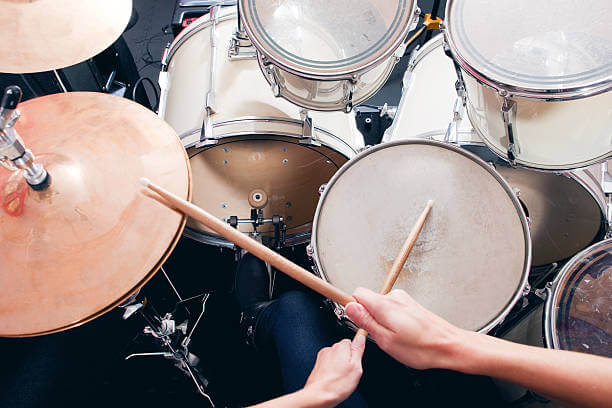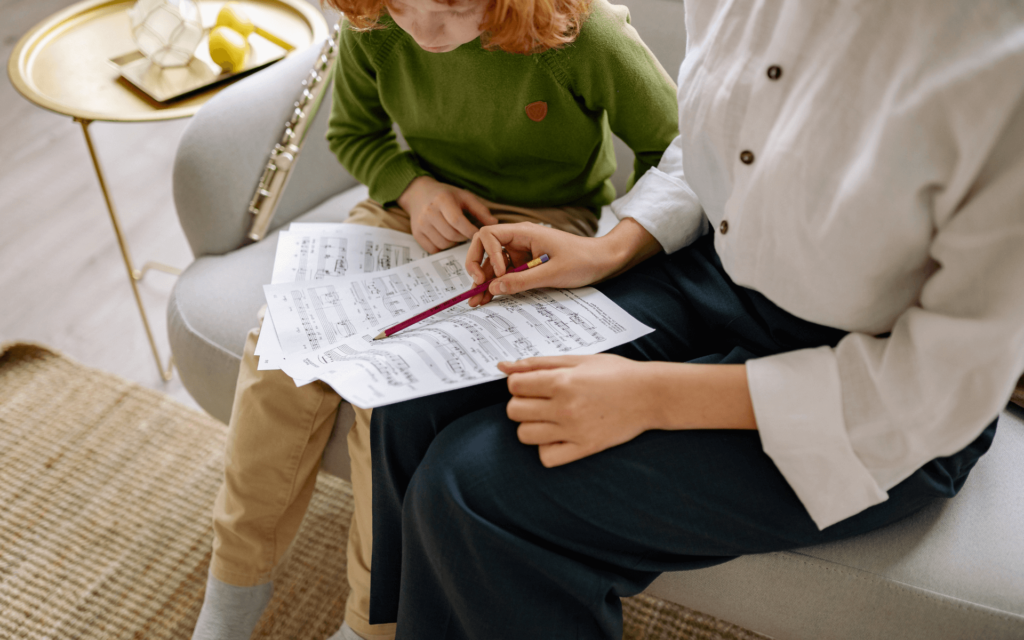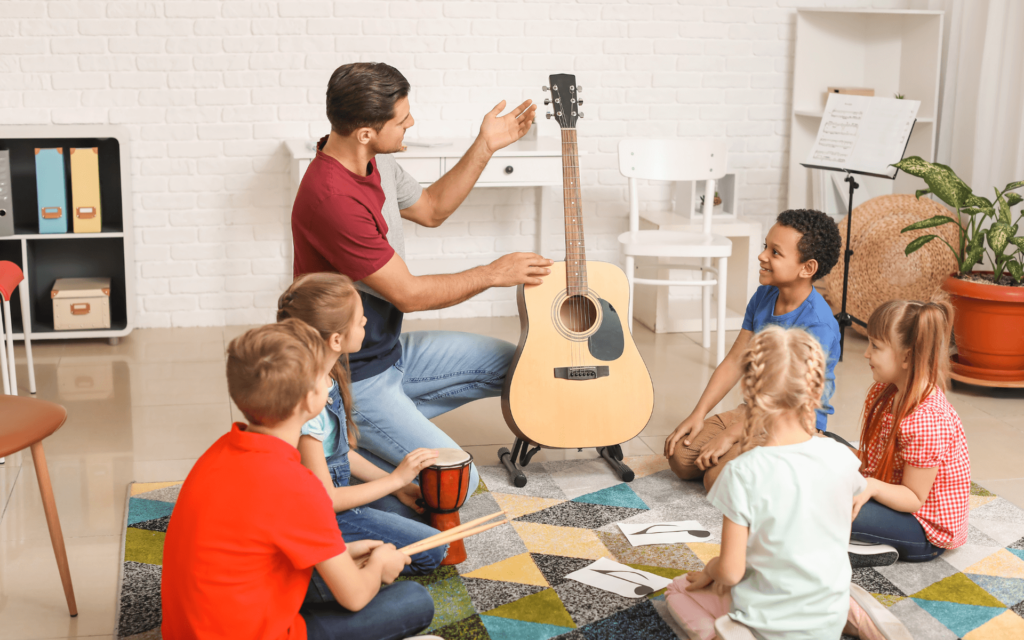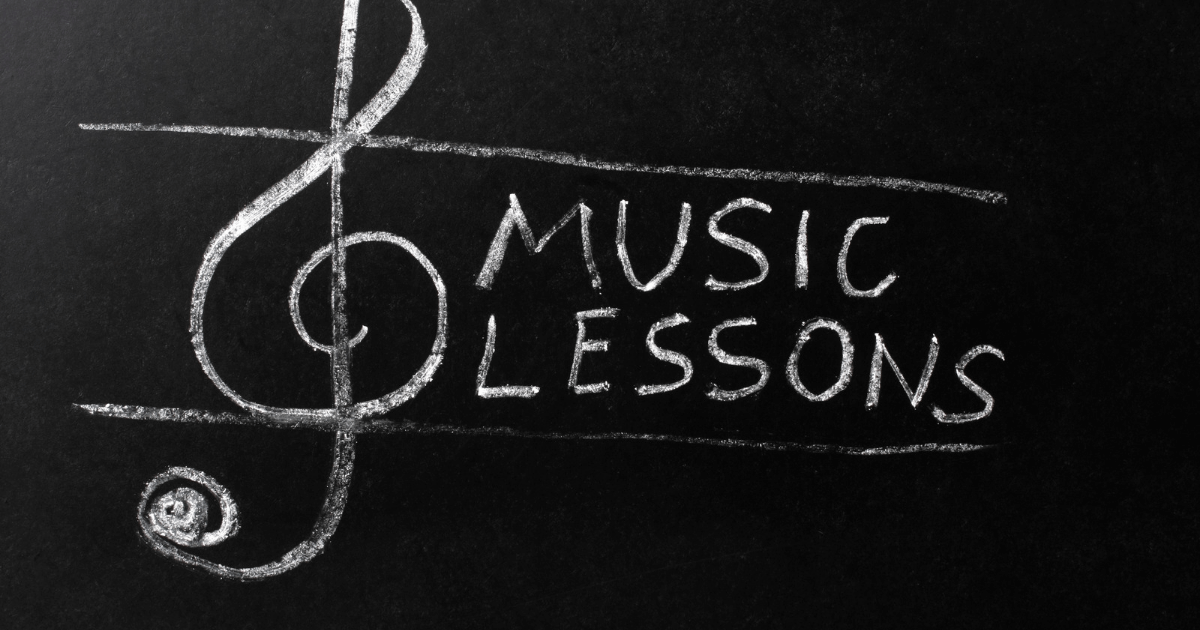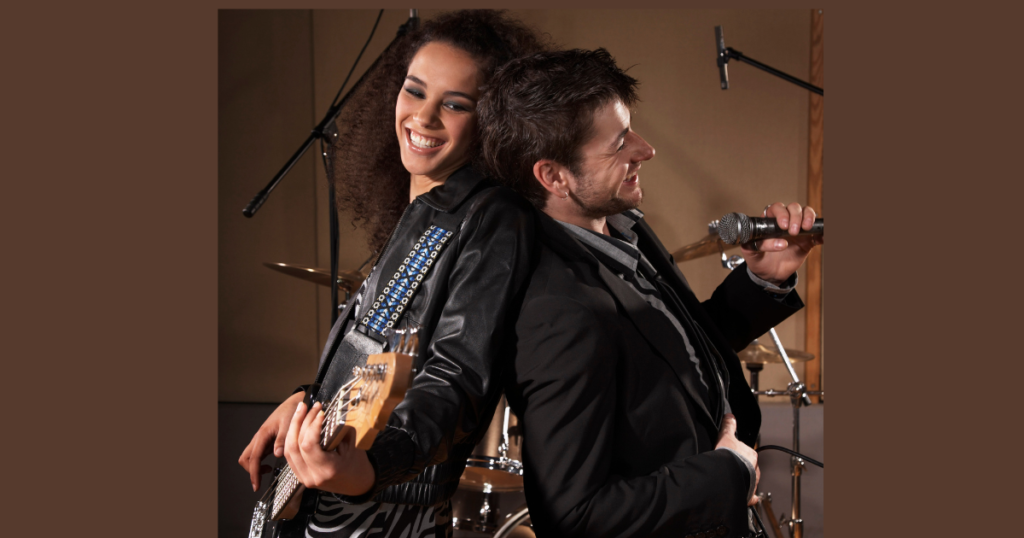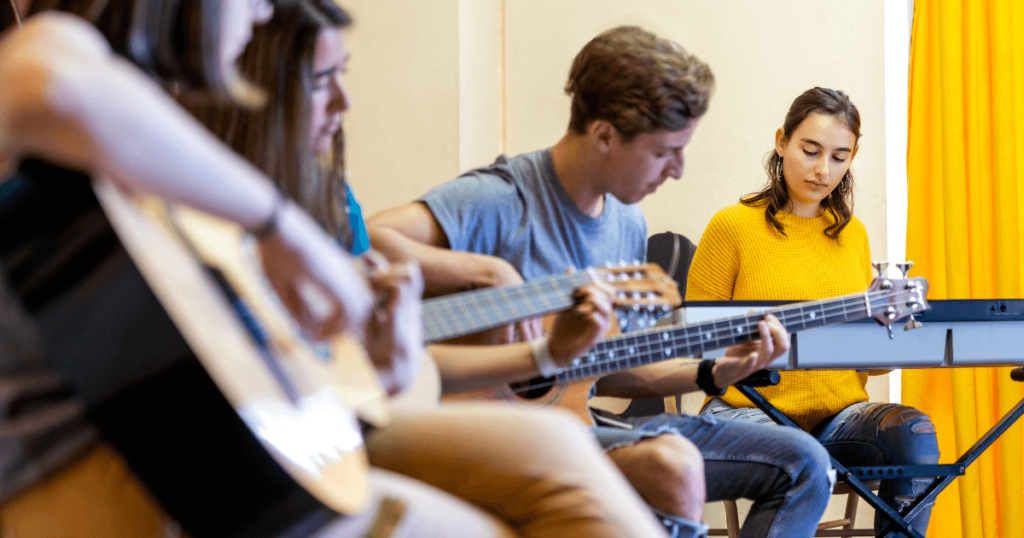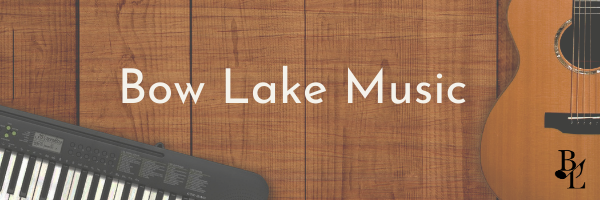Musical Instruments: Music can deeply impact us, whether we sing along or listen to our favourite songs. Also, it can lift our spirits, touch our souls, and bring joy. Composing music by hand and expressing ourselves through an instrument’s beautiful sounds is a unique experience. In addition, playing an instrument is more than a talent or skill; it’s a passion that brings happiness and contentment.
Countless activities offer ageless pleasure, awareness, family time, and relaxation, each with its own unique therapeutic benefits. However, taking up an instrument and performing elevates the experience of a hobby to a whole new level. It becomes a lifelong pursuit with abundant benefits for people of all ages. Next, we’ll look at its benefits.
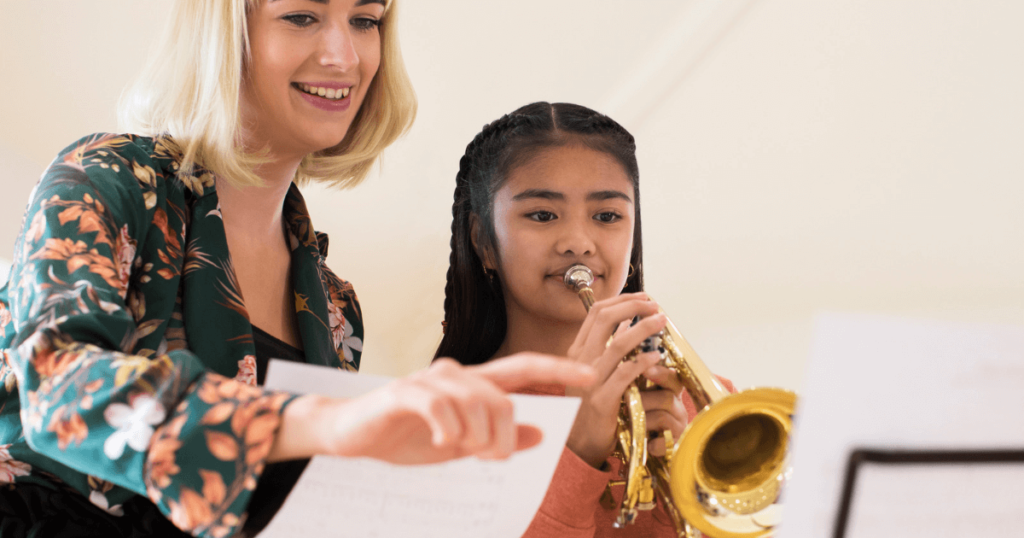
Musical Instruments and Their Benefits
Benefits for our feelings and emotions:
Music evokes various emotions, allowing individuals to express themselves in ways beyond words when playing an instrument. Musicians find a means to convey their emotions and integrate those feelings into their performances.
In addition, playing an instrument can enhance self-confidence and self-esteem as musicians develop skills and master challenging pieces, fostering a sense of accomplishment and pride that often extends beyond the realm of music, positively impacting various aspects of their lives.
Also, playing a musical instrument is a form of self-care and relaxation, offering an escape from everyday stress and immersing individuals in the joy and fulfilment unique to the experience.

Benefits our physical fitness
Playing a musical instrument improves fine motor skills and dexterity by coordinating various body parts, like hands, fingers, and feet. For example, playing the piano demands precise finger movements, and playing the drums involves quick footwork and hand-eye coordination.
In addition, playing certain musical instruments, like the flute or trumpet, enhances physical fitness by improving lung capacity and respiratory health through controlled breathing techniques. Similarly, playing drums or percussion instruments enhances arm and hand strength.
Also, research indicates that playing a musical instrument can reduce stress and lower blood pressure by releasing natural mood enhancers, such as endorphins, promoting an overall sense of well-being.

Benefits our intellectual skills.
Playing a musical instrument goes beyond memorising notes and chords; it boosts memory skills by requiring musicians to remember notes, melodies, and rhythms, stimulating the brain’s memory centres.
As a result of this, learning musical instruments improves memory and leads to better performance in other areas, like academics.

Selecting The Right Musical Instrument
To enjoy the many benefits of playing a musical instrument, it’s crucial to pick one that aligns with your interests. Luckily, a variety of instruments are available, catering to different musical genres and individual preferences.
Also,it’s important to consider the practicality and accessibility of the instrument. Instruments like the piano or drum set need ample space and maintenance, while smaller ones like the ukulele or harmonica are more portable and need less upkeep.
In addition, trying out different instruments before making a decision is beneficial. Many music stores provide rentals or trial periods, enabling you to test various instruments and find the one that resonates with you the most. Next, I will be listing some 15 musical instruments you can easily learn and play
The top 15 musical instruments
There are hundreds of different kinds of instruments people can learn to play. But out of so many, which ones are the most popular that are easy to play?This list shows the top 15 most popular and easiest out of all of them.
1.Piano
The piano, with its 88 keys, is a versatile and enjoyable instrument used in various music genres. Invented around 1700, it offers a great starting point for learners, providing physical and mental benefits for all ages. Children develop concentration, perseverance, and emotional expression, improving fine motor skills and memory. Learning the piano is calming, relieves stress, and boosts self-esteem.

2.Keyboard
Moreover, electronic keyboards are like the piano but more low-maintenance; they are highly versatile and easy to use. They recreate various instrument sounds and synthesizer tones, making them popular with younger children. Unlike pianos, keyboards produce electronic sounds, and they are portable. Geared towards home users and beginners, learning to play the keyboard offers the same benefits as the piano, enhancing concentration, memory, focus, and fine motor skills.
3.Classical Guitar
The guitar, a string instrument usually with six strings, produces sound when strummed or plucked. Learning to play it is excellent for building confidence, developing social skills, and enhancing fine motor skills in children. Like many instruments, playing the guitar improves concentration, memory, and focus. It also broadens technique, increases knowledge of music theory, and aids in memorising the entire neck as individual notes rather than patterns.
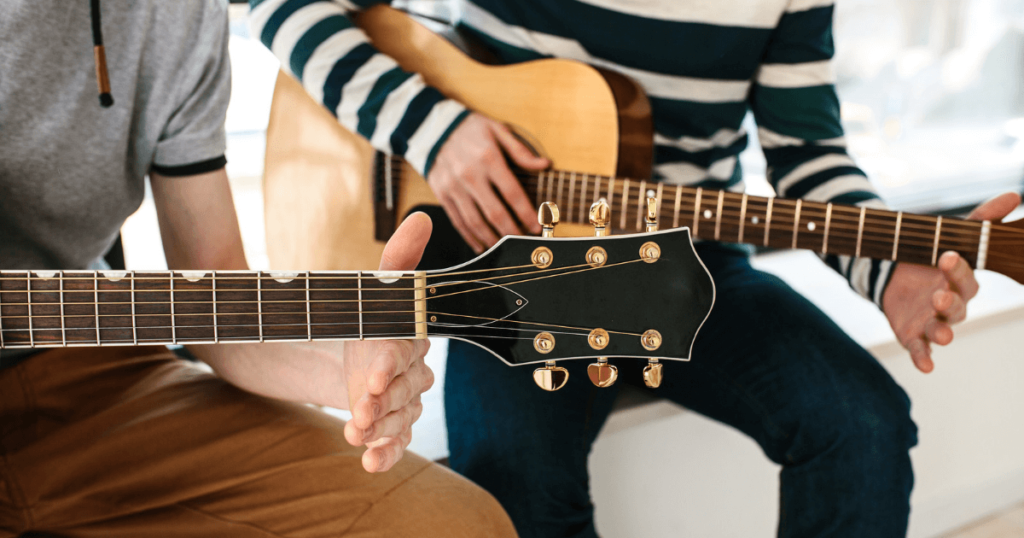
4. Recorder
The recorder is an ideal first-wind instrument, affordable, and suitable for beginners to conservatory-trained professionals. Despite its low cost, it shouldn’t be seen as a “cheap” alternative. Its development paused for centuries but resumed in the twentieth century. A notable advantage is that one can learn to coordinate fingers, tongue, and breath simultaneously without needing an overly skilled teacher.
5.Drums
Drums, the oldest form of instrument, come in various shapes and sizes. They are played by striking them with different tools, like sticks or hands. Some drums can be tuned, while others cannot. The head, a stretched membrane covering the ends of a hollow shell, makes the sound through vibration. Playing drums helps relieve frustration, disappointment, and stress, providing a challenging learning experience.
Conclusion
Playing a musical instrument is a timeless and ageless hobby that brings relaxation, mindfulness, creativity, and personal growth. It unites families, allows for self-expression, and brings constant joy and fulfilment throughout life. So, why not start learning that guitar you’ve always wanted or rediscover the piano in your living room? Dive into the world of music, let the melodic notes fill your life with happiness, and wonder as you play your heart out.
Frequently Asked Questions
What are the five types of musical instruments?
There are five different categories of instruments: percussion, woodwind, string, brass, and keyboard. The categories are based on their sounds, characteristics, and how the sounds are produced. This method of classification is called the Hosteler-Sachs or Sachs-Hosteler system.
How many different types of instruments are there?
What is the meaning of musical instruments?
Which are the most popular musical instruments?
Musical Instruments: Discover the Joy of Music While Learning Read More »









